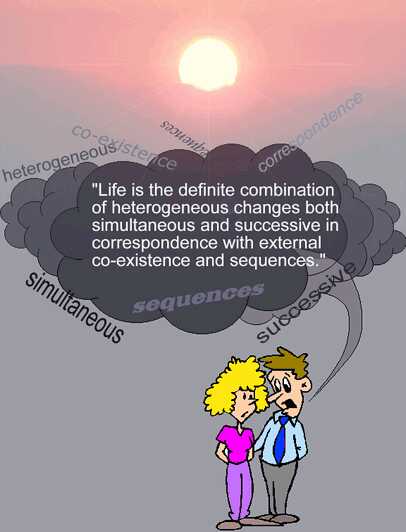Each day the media shapes our picture of the world. Automatically, almost unconsciously, we absorb it. But when we assimilate the news, let us recall that what we see and read is not a true picture of the world, but a selected and edited view.
Somewhere each day some abused and love-deprived humans sank deeper into cruelty and insanity. Before the blood of their actions has time to dry, the images are beamed relentlessly into our homes and places of business. But also, somewhere today, heroic and compassionate deeds were done. If we hear of this good at all, it is in small measure.
Certainly it is right to be conscious of significant world events. But what will we do when the news delivers large servings of insanity into our living rooms? Will we passively absorb the shock for its entertainment value, or will we let the horror evoke our compassion and sober us toward a broader sense of responsibility. We are like campers in a forest given a lengthy list of all the dangerous and poisonous creatures for miles around. Common sense tells us that the list does not give a true impression of the life of the whole forest. Let us remember that the news given to us is not a true picture at all, and is not how the world really is, even in the outward sense. We will not find the world as it is in the news. But if we use our good will and imagination, our ingenuity and common sense, we can make our own intelligent revision of the of the picture and approach somewhat closer to the truth.
Yes, somewhere today and everyday some abused and love-deprived humans sank deeper into cruelty and insanity. But also, somewhere today many heroic and compassionate deeds were done, mostly unseen and unnoticed. We will need our imagination and interior resources to paint a more realistic picture of the world. We must add, by an act of thought and insight, the solution and the positive dimension and the whole array of omitted and neglected events. Let us recall, with meditative intensity, that each moment countless good things are born, some beyond the horizon; perhaps some right next door.






